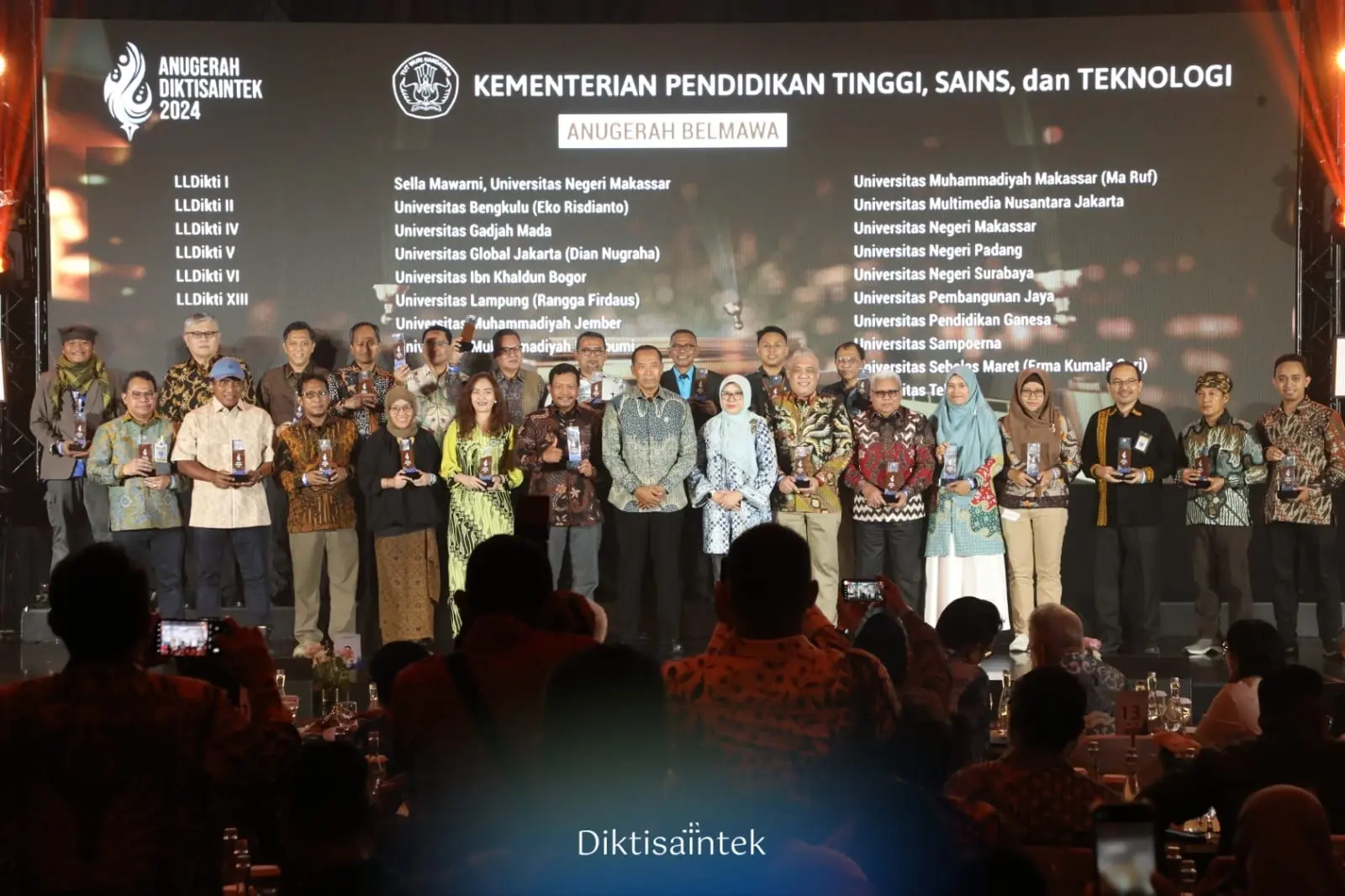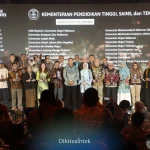09 Dec 2019
Understanding Digital Economy and Good Digital Citizenship
News & Event,
News & Events Faculty of Business,

[vc_row type=”in_container” full_screen_row_position=”middle” scene_position=”center” text_color=”dark” text_align=”left” overlay_strength=”0.3″ shape_divider_position=”bottom”][vc_column column_padding=”no-extra-padding” column_padding_position=”all” background_color_opacity=”1″ background_hover_color_opacity=”1″ column_shadow=”none” column_border_radius=”none” width=”1/1″ tablet_text_alignment=”default” phone_text_alignment=”default” column_border_width=”none” column_border_style=”solid”][vc_column_text]As the digital economy is gaining traction, financial authorities around the world have been making efforts to adapt to changes. As Dan Tapscott put it, digital transformation affecting our social and economic sector is derived from the improvement of interconnectivity of work functions, works, and technology that are increasingly advanced (The Digital Economy: Promise and Peril in the Age of Networked Intelligence, 1995).
To understand the digital economy and how it develops in our country in real contexts, the Lubuklinggau mayor S.N. Prana Putra Sohe shared his views on the economic growth in Lubuklinggau. His administration’s strategy to boost the local economy includes improvement of ease of doing business. Another strategy is to enhance tourism infrastructure. “We believe in the digital age, these steps can help our economy grow using digital technology,” he stated.
From the case study of Lubuklinggau, we learn more about digital economy and financial literacy from Djoko Raharto (Head of Economic Development Division, Representative Office of Bank Indonesia, Jakarta Special Region).
“Bank Indonesia knows Indonesians’ financial behaviors are now changing. They consume, spend spare time, communicate, and work in different ways after digital technology (particularly the Internet) and Internet-related OCT services have been penetrating every aspect of life,” stated Djoko on Friday, November 22nd 2019 during the recent public lecture titled “Millennials with BI Corner: Economic Policy and Financial Literacy”.
Further, he explained that the digital economy has been developing rapidly in the recent decade. “It encompasses four large sectors: e-commerce, online platforms, platform-enabled services, and ICT (Information and Communication Technology) goods and services.”
Ever since, the behaviors of consumers in Indonesia are also shifting a lot. “We have seen sellers in traditional markets that apply digital payment methods such as Go Pay or Ovo. Also, we see more and more people consulting with their physicians on digital apps,” he went on.[/vc_column_text][vc_row_inner equal_height=”yes” column_margin=”default” text_align=”left”][vc_column_inner column_padding=”no-extra-padding” column_padding_position=”all” background_color_opacity=”1″ background_hover_color_opacity=”1″ column_shadow=”none” column_border_radius=”none” width=”1/2″ column_border_width=”none” column_border_style=”solid”][image_with_animation image_url=”5023″ alignment=”” animation=”Fade In” border_radius=”none” box_shadow=”none” max_width=”100%”][/vc_column_inner][vc_column_inner column_padding=”no-extra-padding” column_padding_position=”all” background_color_opacity=”1″ background_hover_color_opacity=”1″ column_shadow=”none” column_border_radius=”none” width=”1/2″ column_border_width=”none” column_border_style=”solid”][image_with_animation image_url=”5021″ alignment=”” animation=”Fade In” border_radius=”none” box_shadow=”none” max_width=”100%”][/vc_column_inner][/vc_row_inner][vc_column_text]In this ocean of change, where is Bank Indonesia?
“Bank Indonesia (BI) is now seeking more trans-sectoral collaborations to develop our domestic digital economy,” he said. BI aims to build new partnerships with research and development layers (innovators), education institutions (schools, universities, educators), industry players, consumers and micro-small businesses, and finally regulators/ government agencies.
BI is supportive of innovation culture that we already embrace now. “But at the same time, we always consider all possible risks that may come along with these innovations. Therefore, fintech service providers are obliged to be registered at BI. They also must send us reports of transaction data and other key information,” stated the public official. Though it seems to be bothersome but in fact it protects consumers from the risks of being mistreated or cheated by irresponsible fintech players. He also stressed that virtual currency is not a legal payment tool.
To spread the awareness of the importance of good digital citizenship, Djoko advised that we take several steps. “Always treat your personal data with caution on online media. Wisely use your social media channels, too.”
Djoko advised that we should prevent us from being a victim of phishing, skimming, card trapping, and malware by installing security tools such as antivirus software.
“And never forget your digital security. Manage your digital traces carefully because someone with ill intention may misuse that for their own interest,” he ended. (*/)[/vc_column_text][/vc_column][/vc_row]





